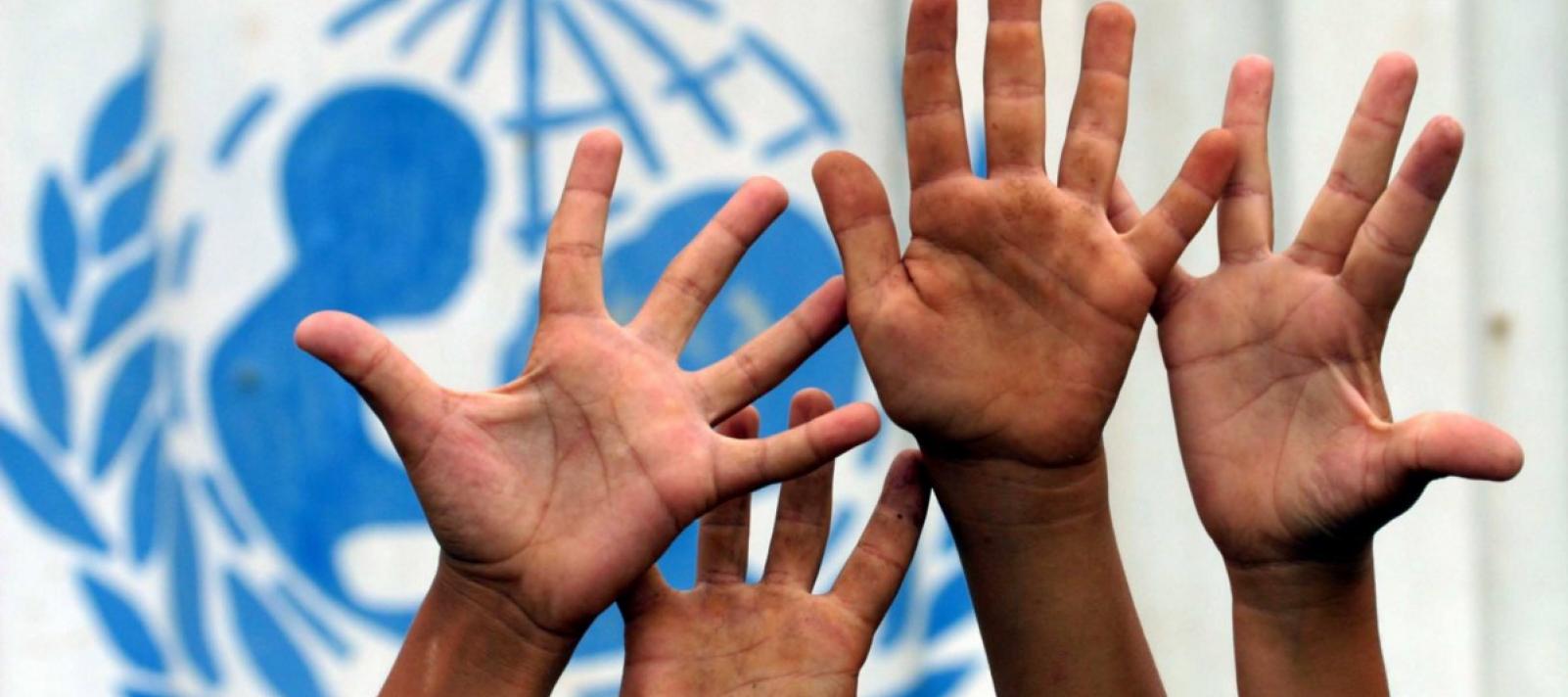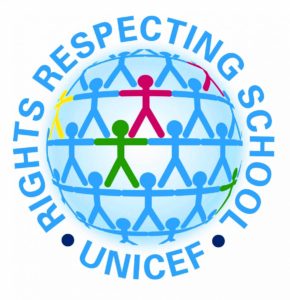
Rights Respecting Schools
at st. michael’s CE (VA) junior school
What is the Rights Respecting Schools initiative?
The UNICEF UK Rights Respecting School Award (RRSA) is based on principles of equality, dignity, respect, non-discrimination and participation. The RRSA seeks to put the UN Convention Rights of the Child at the heart of a school’s ethos and culture to improve well-being and develop every child’s talents and abilities to their full potential.


What are children’s rights?
All human beings – adults and children alike – are entitled to basic human rights. Children have a particular set of rights due to their vulnerability and need for protection. The UNCRC sets out the rights that must be realised for children to develop to their full potential, free from hunger, neglect and abuse. These rights are not something that children need to earn or that adults and governments can take away as a punishment. They contain the basic protection and support that all children are entitled to. All children have the same rights, no matter what their background or where they live.
What does the UN Convention on the Rights of the Child say?
There are 42 articles in the Convention, but they can be summed up as follows:

The right to a childhood
Every child has the right to a safe childhood, protected from violence, abuse and exploitation. Every child has the right to grow up in a family environment, free from adult responsibilities and with the right to play.

The right to an education
Every child has the right to an education that develops their personality, talents and abilities to the full.

The right to be healthy
Every child has the right to health care, clean water, nutritious food and a safe environment so they can be as healthy as possible.

The right to be treated fairly
All children have the same rights whatever their ethnicity, gender, religion, abilities, whatever they think or say and whatever their family background.
Article 29 is particularly important for
Article 29: Education must develop every child’s personality, talents and abilities to the full. It must encourage the child’s respect for human rights, as well as respect for their parents, their own and other cultures, and the environment.

So how did we start our journey?
First of all our Senior Leadership Team put the Rights Respecting Schools initiative onto our School Development Plan.
Then our teachers were taught about Rights Respecting Schools and talked about what we would have to do to become one.
We let parents know by sending information home and putting up displays around the school.
Each year, Mrs Bowcher works with members of the Rights Respecting School Committee and the School Council. They are in charge of running the project and achieving the outcomes of our action plan.
How are things Going?
Class assemblies are linked to the theme of the week and where possible, are now linked to an article from the UNCRC. This enables pupils to understand how rights are weaved through everything we learn about at school.
In classes, children are learning about rights and classes have linked rights and expectations with their class rules in a class charter.
Our School Council have been busy linking displays around the school to the Children’s Rights Convention and labelling them to raise awareness. They decided on relevant articles.
Once a month, the School Council are given an article from the UNCRC which they have to discuss with their class. We then use this feedback to create a display that focuses on this.
Where are we now?
Pupils are able to talk about their rights and expectations in school. Children understand how important it is to show respect and this is linked to our school values as well as British Values.
Our pupils are aware that some children in the world are being denied their basic rights. This has helped pupils think about the world and appreciate what they have. They are aware of the work of various children’s charities that are helping these children and are keen to get involved in fundraising activities for these charities.
They are also aware of the difference between wants and needs and appreciate that with rights come expectations.
We have all worked extremely hard and have recently achieved our Silver Rights Respecting Schools Award.
How can parents support their child to learn about the Convention at home?
Take the time to ask your child what he/she has learnt recently regarding children’s rights and how they may show respect for those rights.
Discuss the ideas learned in class, and try to think of examples from your own experiences, or from the media, of rights being respected or denied.
Discuss how your child or your family can promote respect for rights, or help those whose rights have been violated.
Model using rights and respect language with your children.
Ask your child’s opinion on children’s rights.
